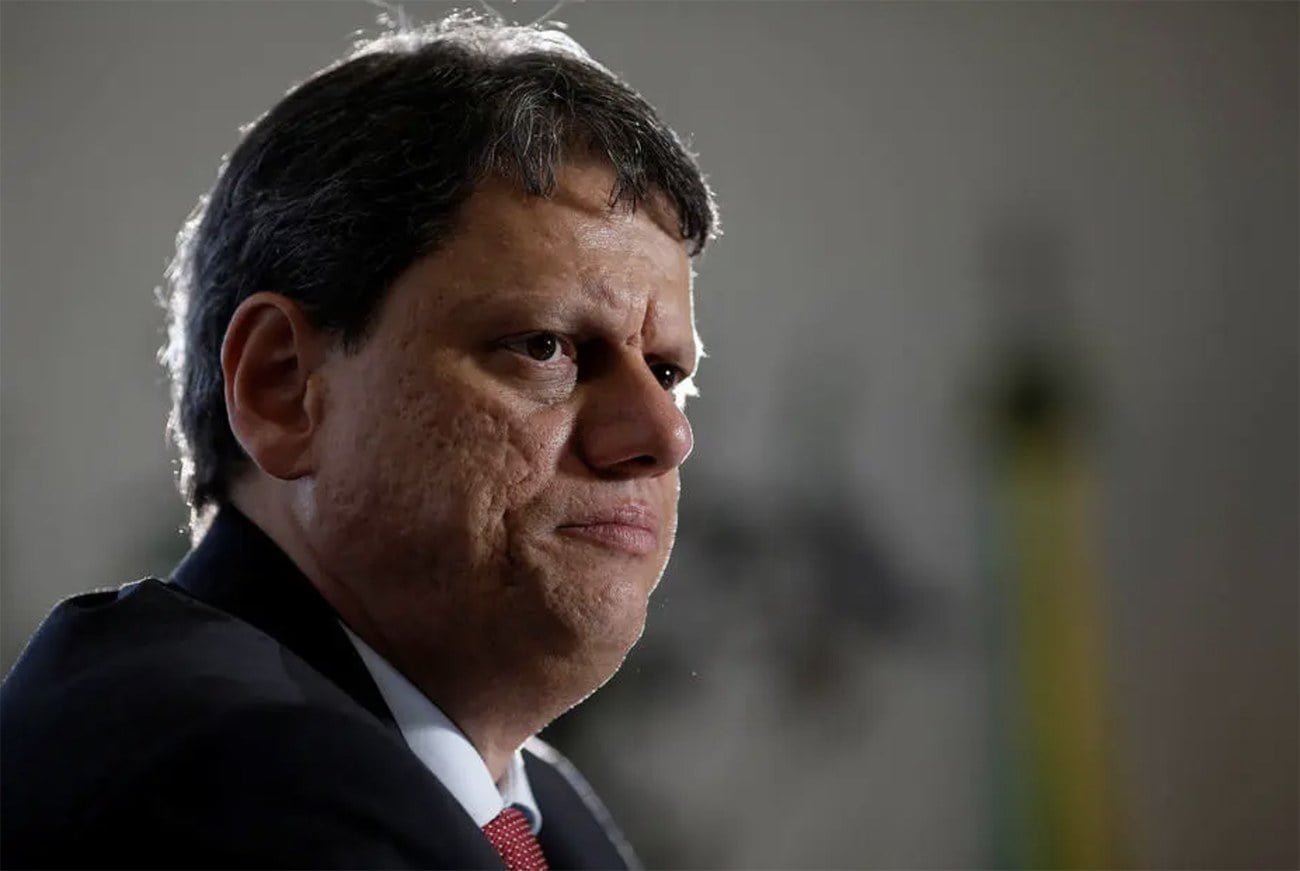Governor Tarcísio de Freitas of São Paulo has been nurturing an ambitious plan since February which proposes 15 privatization projects, public-private partnerships (PPPs), and concessions.
Aiming to attract R$180 (US$36) billion in investments, Freitas visited New York to participate in events to draw international private investors.
Despite this optimism, his government will encounter various obstacles to progress with these PPP initiatives, encompassing sectors such as education, water resources, transportation, highways, railroads, and even lotteries.
The Management Council of the Public-Private Partnership Program (CGPPP) and the Director Council of the Privatization Program (CDPED) coordinate these initiatives.

Key plans include selling assets and operationalizing services currently under the Department of Water and Power (DAEE) and consolidating services on the Pinheiros channel.
The concessions of several lines of Companhia Paulista de Trens Metropolitanos (CPTM), Intercity Train system (TIC) Sorocaba, and lines currently operated by the Metro are also being explored.
Highway sections are being examined for possible concessions, including the Rio-Santos Highway, significantly affected by recent heavy rains and landslides.
Further, around 1,800 kilometers of inland routes might also be open to operation, maintenance, and investments by the private sector.
Other initiatives under study are the São Paulo lotteries, the revitalization of the Diversity Museum in Casarão Franco de Mello, the coastal crossings concession, the Santos-Guarujá dry tunnel construction, and the use of the Constância Vaz Guimarães Sports Complex.
However, the path to privatization isn’t without challenges.
For instance, private operator SuperVia in Rio de Janeiro recently backed out of operating urban trains, citing financial losses.
In São Paulo, CPTM train lines operated by ViaMobilidade often face issues such as delays, failures, and derailments.
Privatizing the Basic Sanitation Company of the State of São Paulo (Sabesp) is another controversial project, with studies currently underway to determine its execution.
Tarcísio de Freitas aims to finalize this privatization by 2024, but there are risks, including the change of plans with a change in government.
Opponents of Freitas and the privatizations are moving to question the proposals, with critics already voicing their disapproval of the privatization of CPTM and Sabesp.
While Freitas’ allies prefer to wait, the opposition has already initiated judicial action, questioning the legality of contracting studies for the privatization of Sabesp.
While managing the São Paulo government, Tarcisio de Freitas, former Minister of Infrastructure for Jair Bolsonaro, adopts a program wholly contrasting that of President Luiz Inácio Lula da Silva, who strongly opposes privatizations.
Despite their differing stances, Lula and Tarcisio have discussed the issue, demonstrating the political strength of groups seeking dialogue with private enterprises.
News Brazil, News Sao Paulo, English news Brazil, English news Sao Paulo, São Paulo Governor Tarcisio de Freitas, privatization projects Sao Paulo

